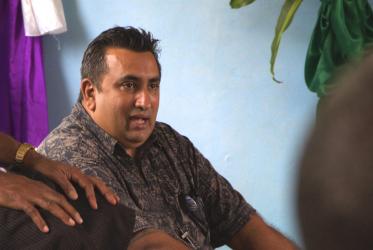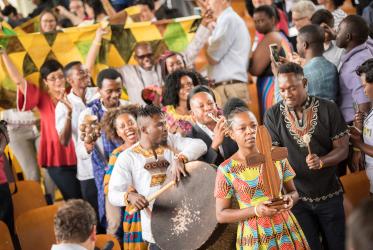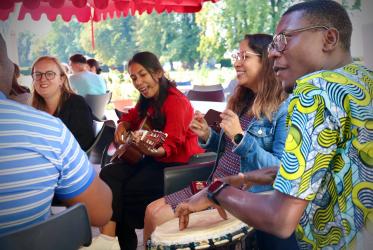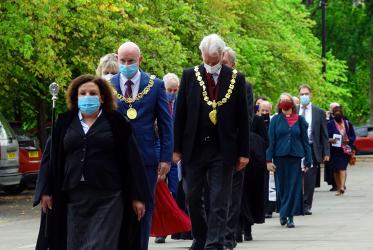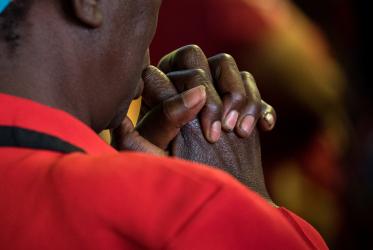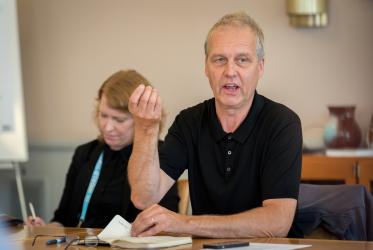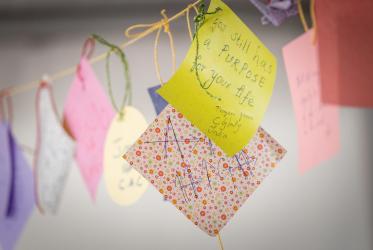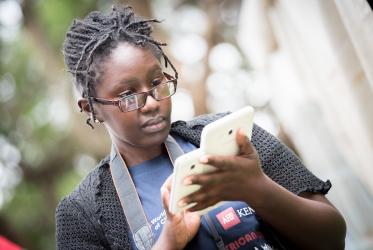Displaying 161 - 180 of 197
27 October 2021
Climate crisis fuels existing water injustice
27 October 2021
Churches offer some relief in Kenya’s drought disaster
16 September 2021
New academic year underway at Ecumenical Institute in Bossey
13 September 2021
Can we end our societal addiction to fossil fuels?
12 August 2021


